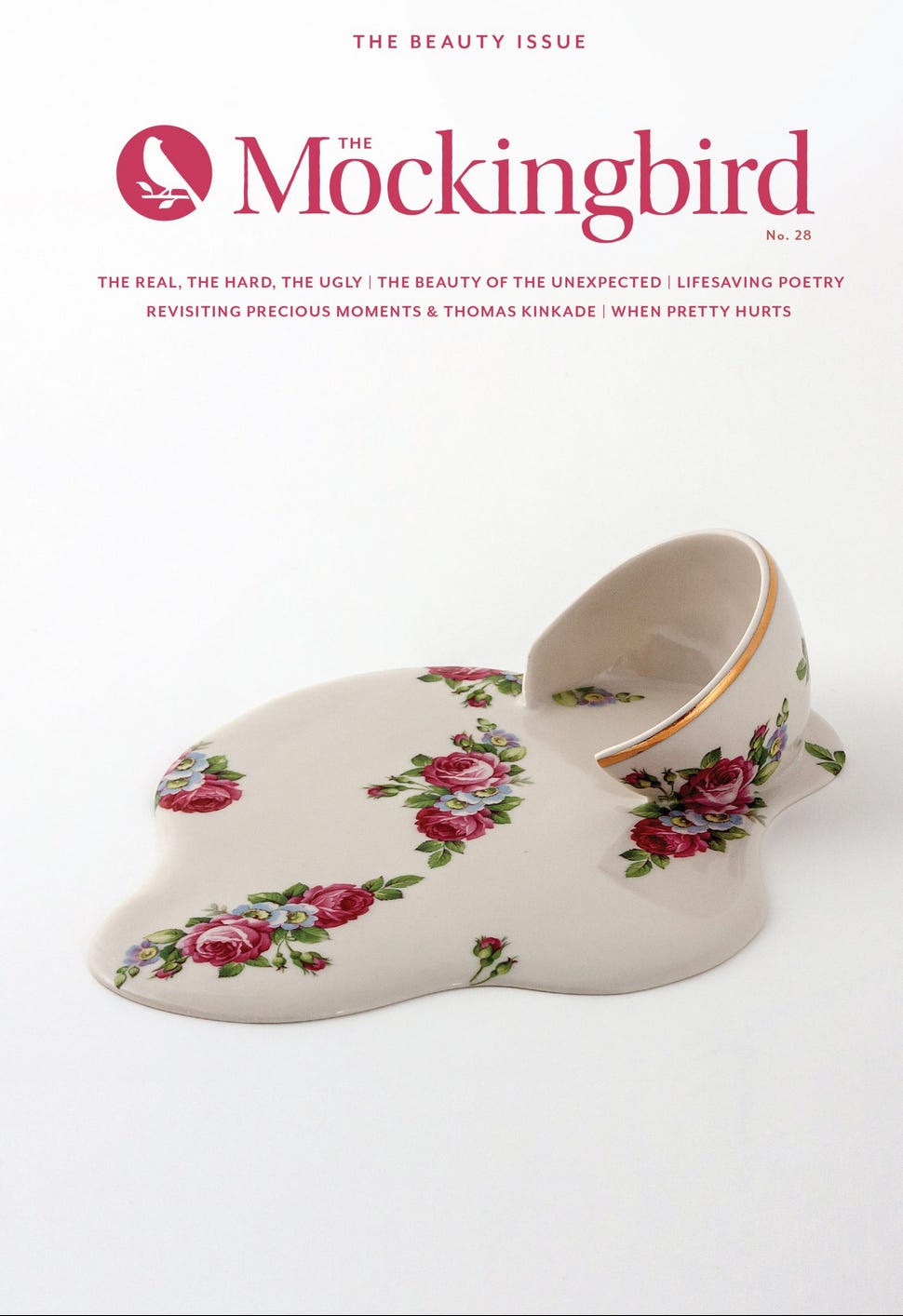Maybe you think nobody reads him. Maybe you claim to be "bored" with him. Maybe you've been deceived by less than careful biographies that claim he graduated from traditional morality or became Buddhist. But one of the reasons you might be bored with him is due to less than entirely helpful takes. He's no mascot for milquetoast Christianity, even if that's how he's been (quite literally) sold.
Ask yourself if these sentiments from his late journals don't register today:
I cannot help feeling a sense of decay in everything – I mean in the society I belong to and even in the Church, in the monastery. A much deeper and more serious sense, because there seems to be so little substance in the noisy agitation of progressives who claim to be renewing the Church and who are either riding some rather silly band-wagon or caught up in factional rivalries. As for the conservatives – they are utterly depressing in their tenacious clinging to meaningless symbols of dead power, their baroque inertia, their legalism. Disgust!
Now I'm just a suburban Anglican art historian. I'm not one of them there fancy Merton scholars. But I'm more than three decades into reading him now, and I'm telling you: I CAN WIN YOU BACK (in my June Material Mysticism column at Comment).









